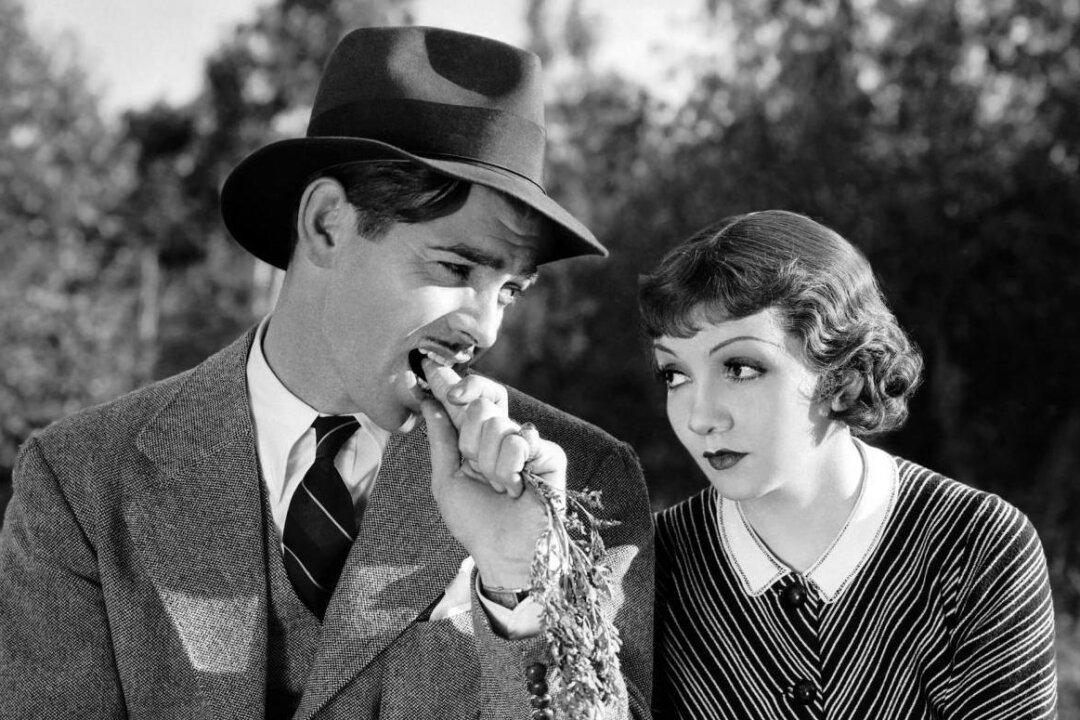Commentary
The 95th Academy Awards are taking place at the Dolby Theatre in Hollywood on Sunday, March 12. The 95th year! It’s hard to believe that it’s been almost a whole century since the first Oscars were handed out at a short, private ceremony at the Blossom Ballroom in the Hollywood Roosevelt Hotel.





